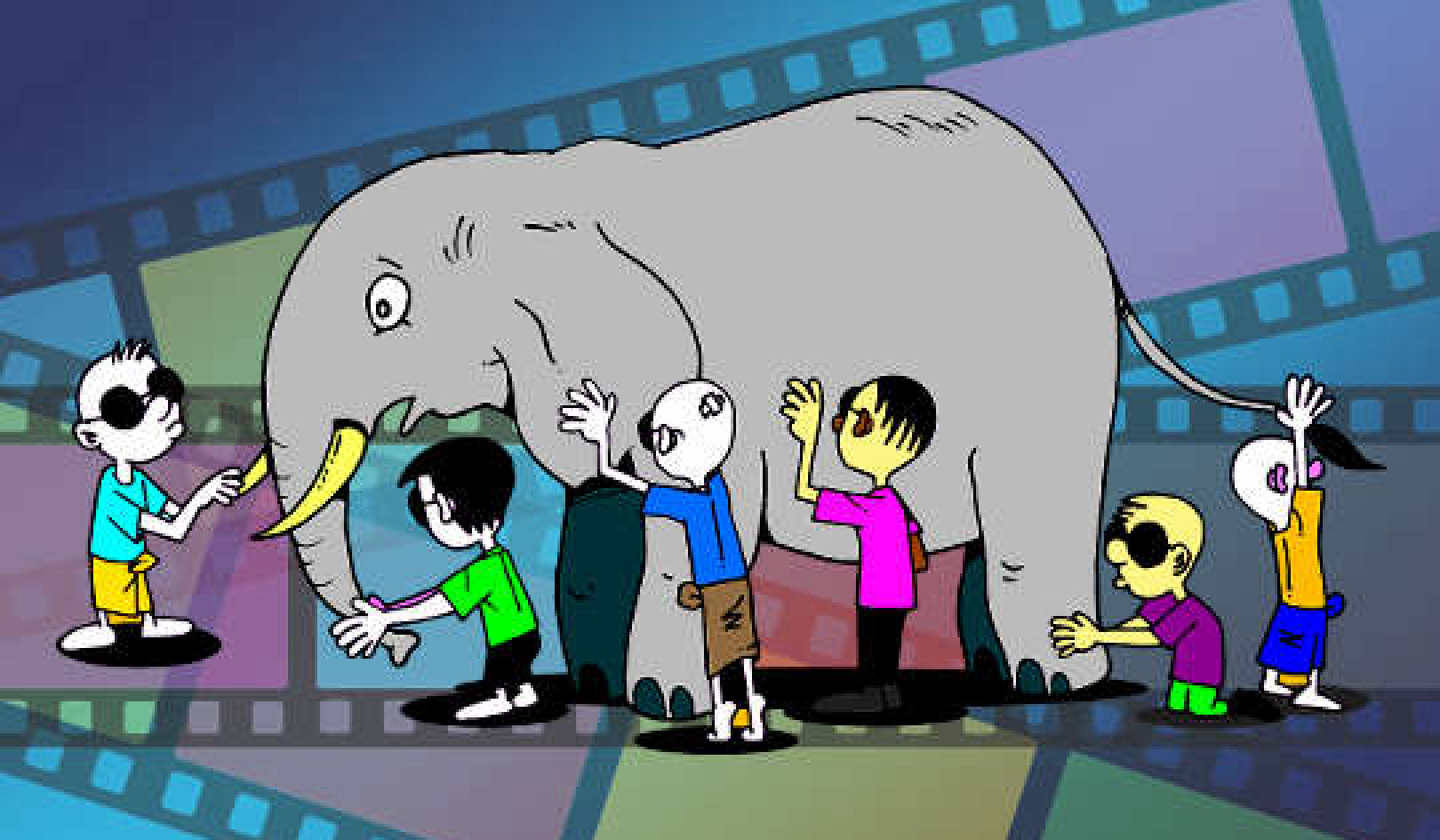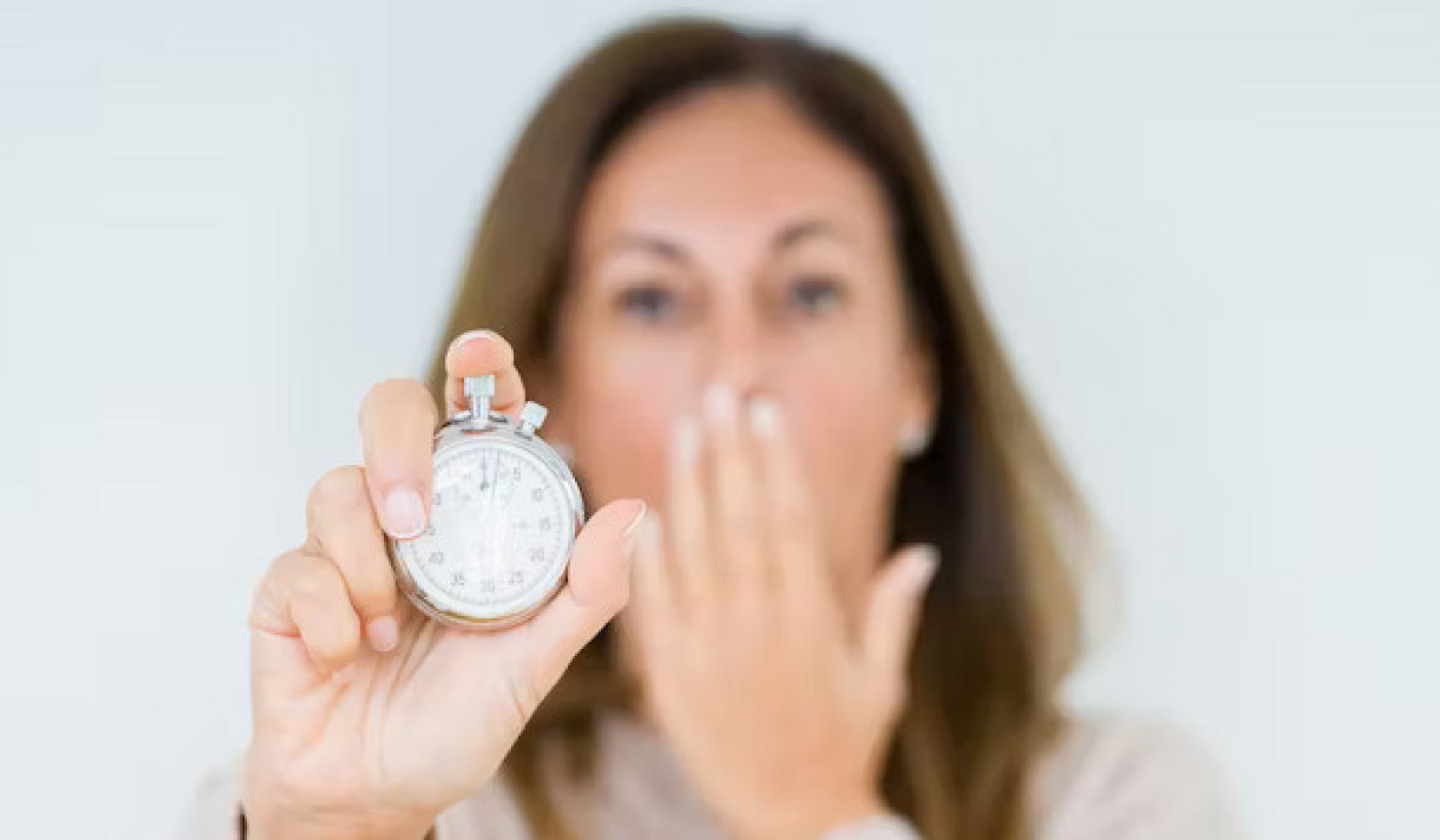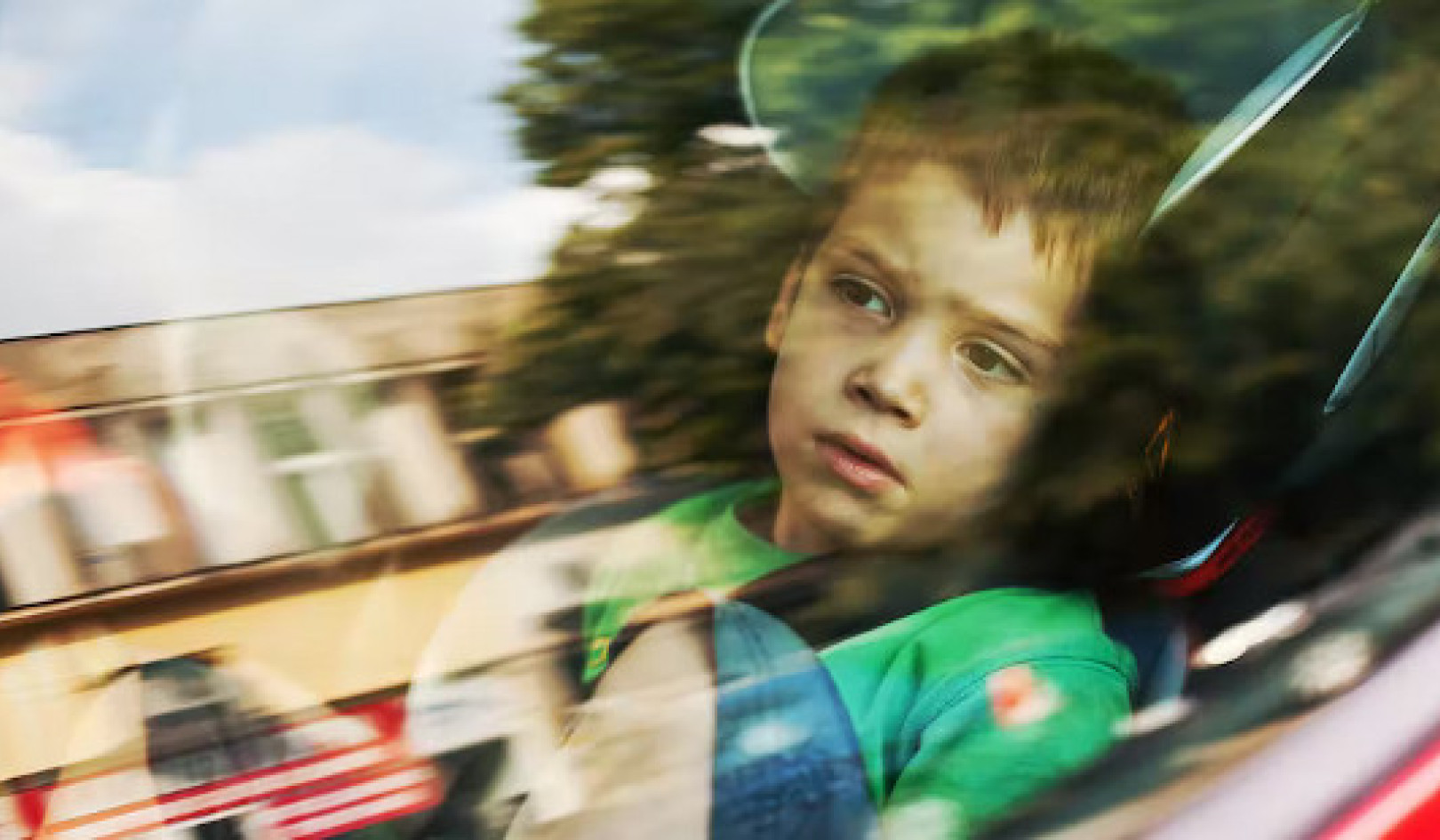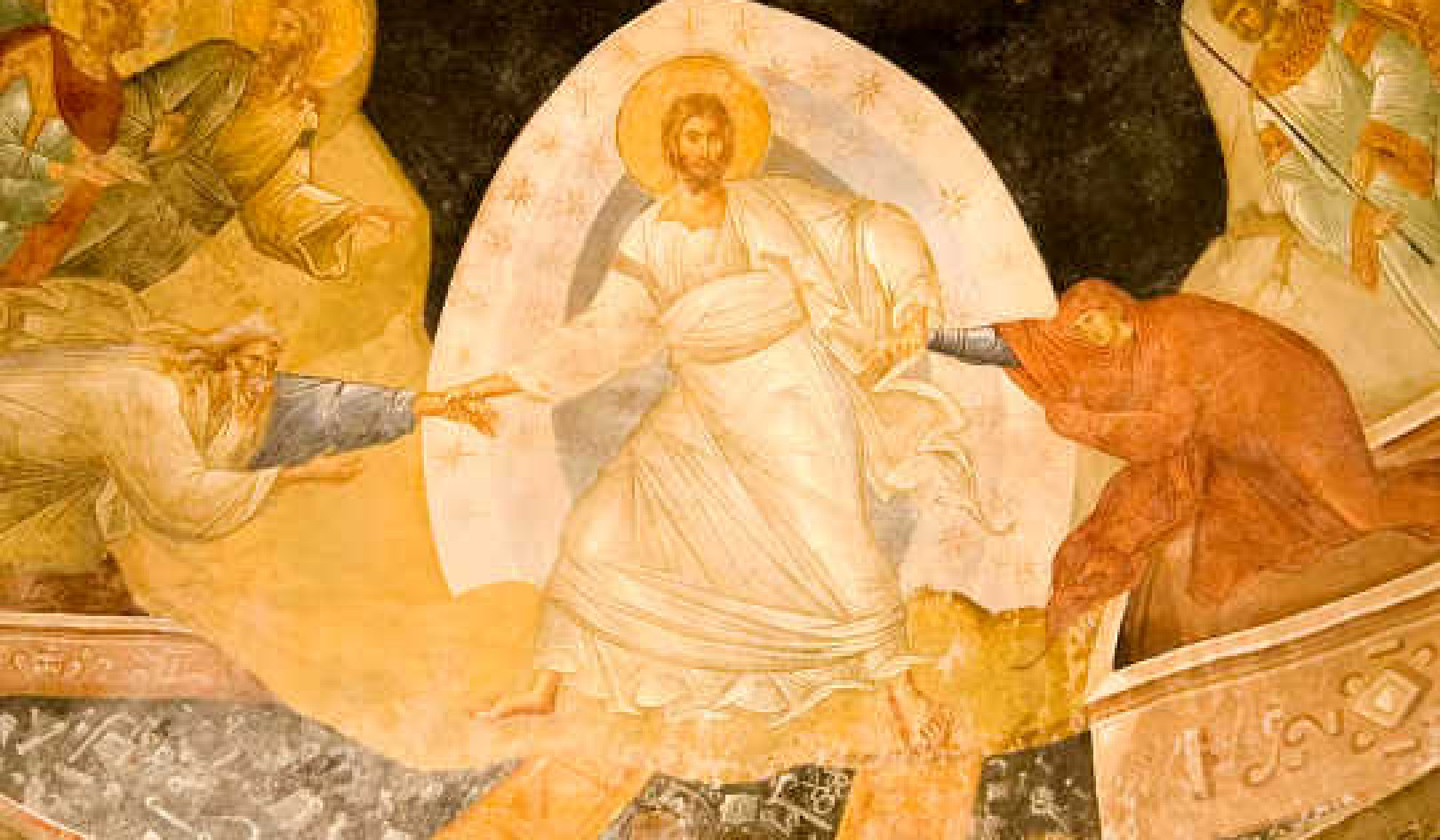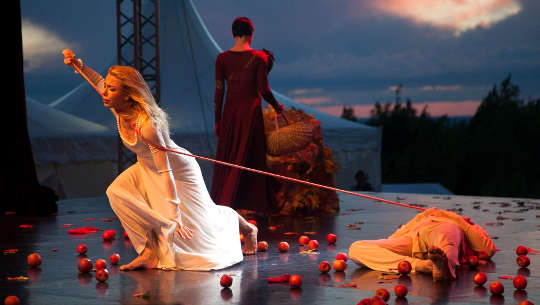
Image by ??????? ???????????
Narrated by Marie T. Russell.
When I look at the trees in my garden, I see how they fully express life in their changing seasons. The wind blows and they surrender. The sun pours down on them and they are not disturbed. The snow covers their nakedness and they mould themselves to its cold covering.
Autumn sings her lament and the coloured leaves drop down, down into the dark waiting clay. This is done in silent wonder as the tree bows to the sacred laws of nature hidden in her DNA. And all the while the tree is sure of her standing; sure of her place in the family of nature.
I ask myself how sure am I of my standing in the earth? How difficult is it for me to welcome and then surrender my tears, my years, my insecurities and my fears? How difficult is it also to welcome and surrender my joys, my delights, my choices, preferences, my loves and my talents. In other words how sure am I of the what of me? The divine I am?
I imagine whether I could live my life as a bird lives, just singing my song, living my divine purpose and whether that could be enough? Maybe that is how I would live this divine life if I lived the divine me. Then there would be an end to all struggle and suffering for I would see life and death experiences through the eyes of Love with nature as my spiritual healer and guide.
The Fear of Death
At 3 pm today
I witnessed a death
A slow falling into earth
And the oak leaf
Showed me that dying
Need not be a struggle
But we in our struggle
Make such a deal of it.
Because I have experienced some Near Death Experiences, death therefore holds no fear for me. I see it as the natural transformation that I see in nature. The four seasons show me how to be in the present moment and to enjoy the wonder of breathing in and out, in harmony with them. Death for me will be simply to take off the outer mask and live freely without the heaviness of a dense body.
To be free is to live pure joy in whatever field of consciousness I choose. The dear body can rest in the earth again whilst the what of me, having infiltrated my personality will be free to join source again; the prodigal gone home.
When I leave this world and enter another, how I have lived this precious incarnation on earth will be important to me. Does living consciously then determine how I die, or can I decide at the very end to change my attitudes and beliefs to enable me to die what for me will be, a happy death?
Dying As We Have Lived
I believe that most of us will die as we have lived and for each person that will be different. No two people have the same birth story and no two people have the same death story.
What might be deemed a happy death for one might not be for another. It has to do with consciousness during life and consciousness at death, and naturally it has to do with the culture regarding death and dying at that time.
We are guided by our cultural and spiritual evolutionary progression. For instance, for someone dying in 1980, it was accepted that they would be resuscitated many times and would be urged to stay alive. Many times I heard nurses and doctors say, “We did all we could and we lost her in the end. I’m sorry,” as if the life and death of the patient was held in the hands of the medical staff.
This sense of failure infiltrated the psychology and modus operandi of many a hospice at the time. The physical must be kept alive, apparently because the idea of another aspect of life outside of the physical was just too difficult to comprehend. We still encourage the dying to “fight the disease” or to “battle with death”. This combative language does not honour the soul in its timing.
Staying Alive?
It was seen as a form of love of the dying to keep them “alive” as long as possible even though the soul had almost vacated the form. Staying “alive” in such a way, with the support of machinery was deemed better than death. For whom? Likewise when we urge a dear one, (mostly for our own selfish reasons) to keep fighting, this is such an intrusion on the life departing. Hopefully we are being more and more educated in the ways of dying.
I have witnessed many dying people expressing feelings that they had let their family down by not getting better. One elderly man said, “They are praying for me and God is not hearing them.” He was ready to die but the pleadings of his family that God might return him to them in good health was causing him pain.
Many people in the past who experienced the awful ordeal of being resuscitated many times manually and by means of machinery, died at a time when such methods and such beliefs were prevalent. However the soul intelligence of the dying person knew all about that and their choice of having incarnated at such a time and with such beliefs.
It was all part of the incarnational soul choice, so one must not feel ashamed or guilty if one’s parents had such experiences at death. We have learnt much in the meantime and therefore our compassion for ourselves will be greater at the time of dying as our knowledge of the dying process will have evolved.
Now that we have more spiritual education regarding the energetic processes involved we can choose another reality; one that includes a consciousness towards the needs of the departing soul and less emphasis on interfering in the sacred process of dying.
The Story Is Ending, Or Is It?
I believe that life is a journey of spiritual evolution, and death is no less so. In the next twenty or thirty years, we will see the vast difference in how we as a world culture view the earthing and dying processes.
There is no judgement. It is about harmony and obeying the laws of spirit. On the earth plane we have to obey the sacred laws of the universe and in death we still have laws of spirit to follow through. It is not about judgement, rather it is about balance and equilibrium.
And our story begins again and again and again.
Copyright 2021. All Rights Reserved.
Reprinted with permission of the publisher,
Findhorn Press, an imprint of Inner Traditions Intl..
Article Source
The Last Ecstasy of Life: Celtic Mysteries of Death and Dying
by Phyllida Anam-Áire
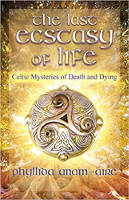 In the Celtic tradition dying is considered an act of birthing, of our consciousness passing from this life to the next. Informed by an early near-death experience, spiritual midwife and former nun Phyllida Anam-Áire offers an intimate overview of the sacred stages of the dying process seen through the lens of her Celtic heritage. Compassionately describing the final dissolution of the elements, she emphasizes how important it is to resolve and integrate our psycho-spiritual shadows and wounds in this lifetime.
In the Celtic tradition dying is considered an act of birthing, of our consciousness passing from this life to the next. Informed by an early near-death experience, spiritual midwife and former nun Phyllida Anam-Áire offers an intimate overview of the sacred stages of the dying process seen through the lens of her Celtic heritage. Compassionately describing the final dissolution of the elements, she emphasizes how important it is to resolve and integrate our psycho-spiritual shadows and wounds in this lifetime.
For more info and/or to order this book, click here. Also available as a Kindle edition.
About the Author
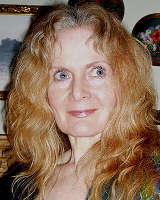 Phyllida Anam-Áire, a former Irish nun, as well as grandmother and therapist who trained with Elisabeth Kübler-Ross, has worked extensively with the sick and dying. She offers Conscious Living, Conscious Dying retreats in Europe and gives talks on children and dying to nurses and palliative care workers. Also a songwriter, she teaches Celtic Gutha or Caoineadh, Irish songs or sounds of mourning. She is the author of A Celtic Book of Dying,
Phyllida Anam-Áire, a former Irish nun, as well as grandmother and therapist who trained with Elisabeth Kübler-Ross, has worked extensively with the sick and dying. She offers Conscious Living, Conscious Dying retreats in Europe and gives talks on children and dying to nurses and palliative care workers. Also a songwriter, she teaches Celtic Gutha or Caoineadh, Irish songs or sounds of mourning. She is the author of A Celtic Book of Dying,






















